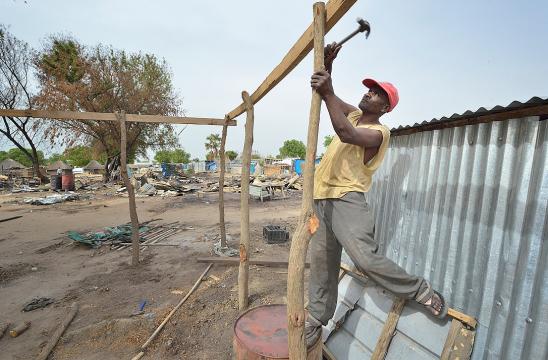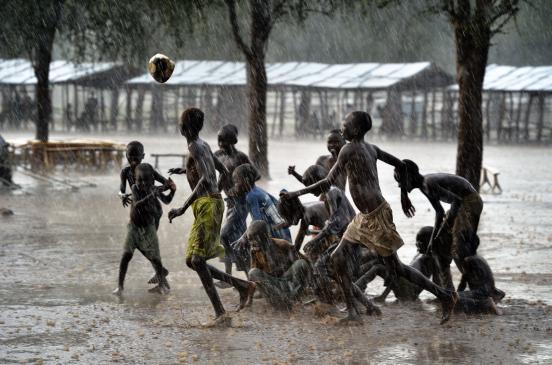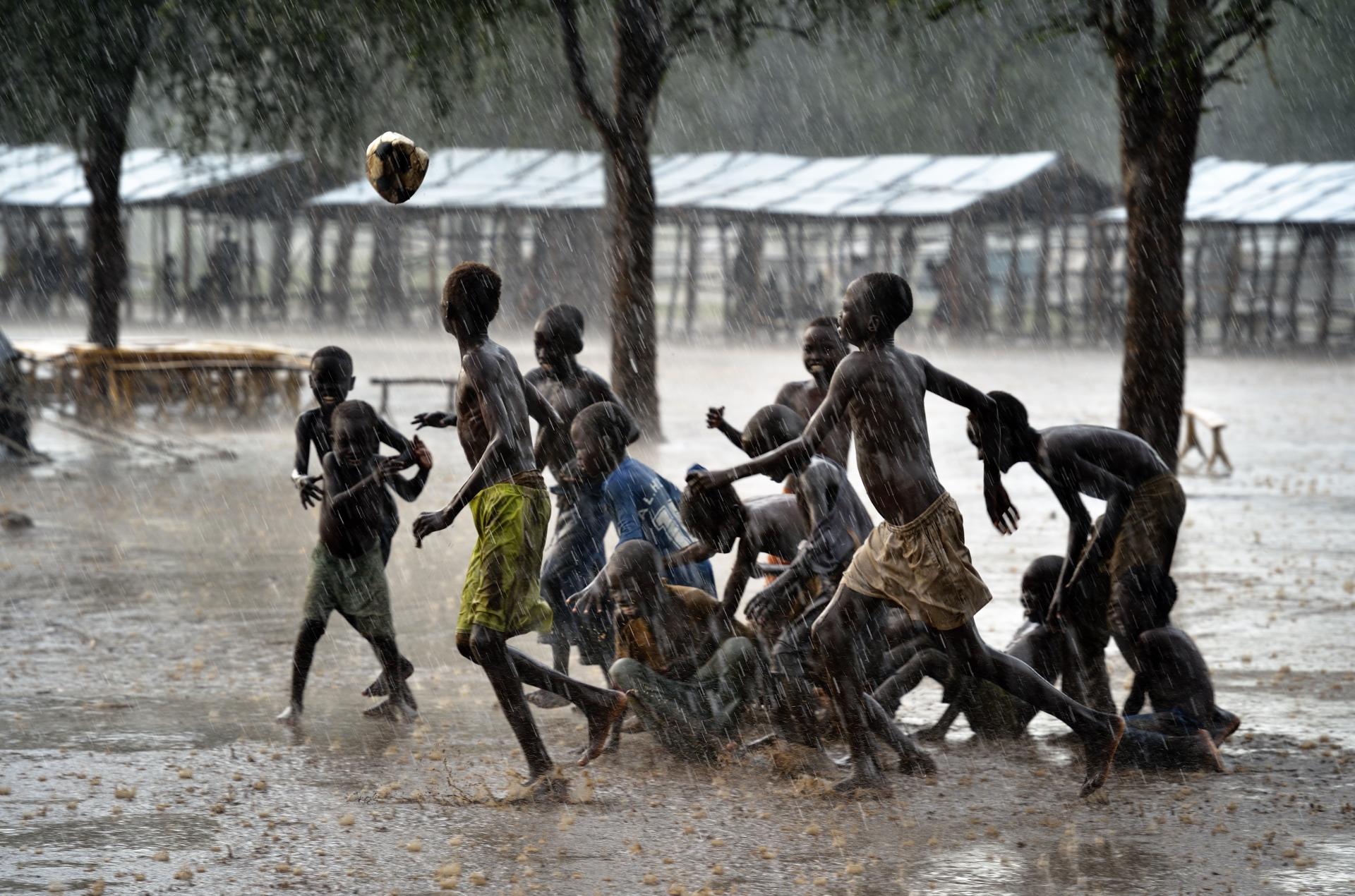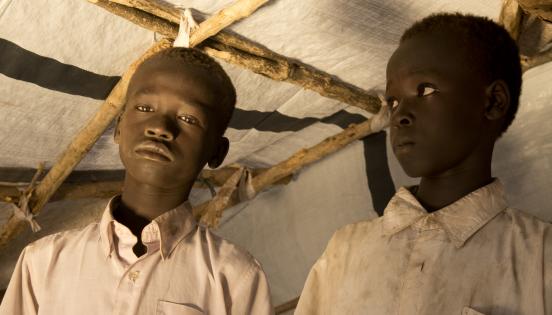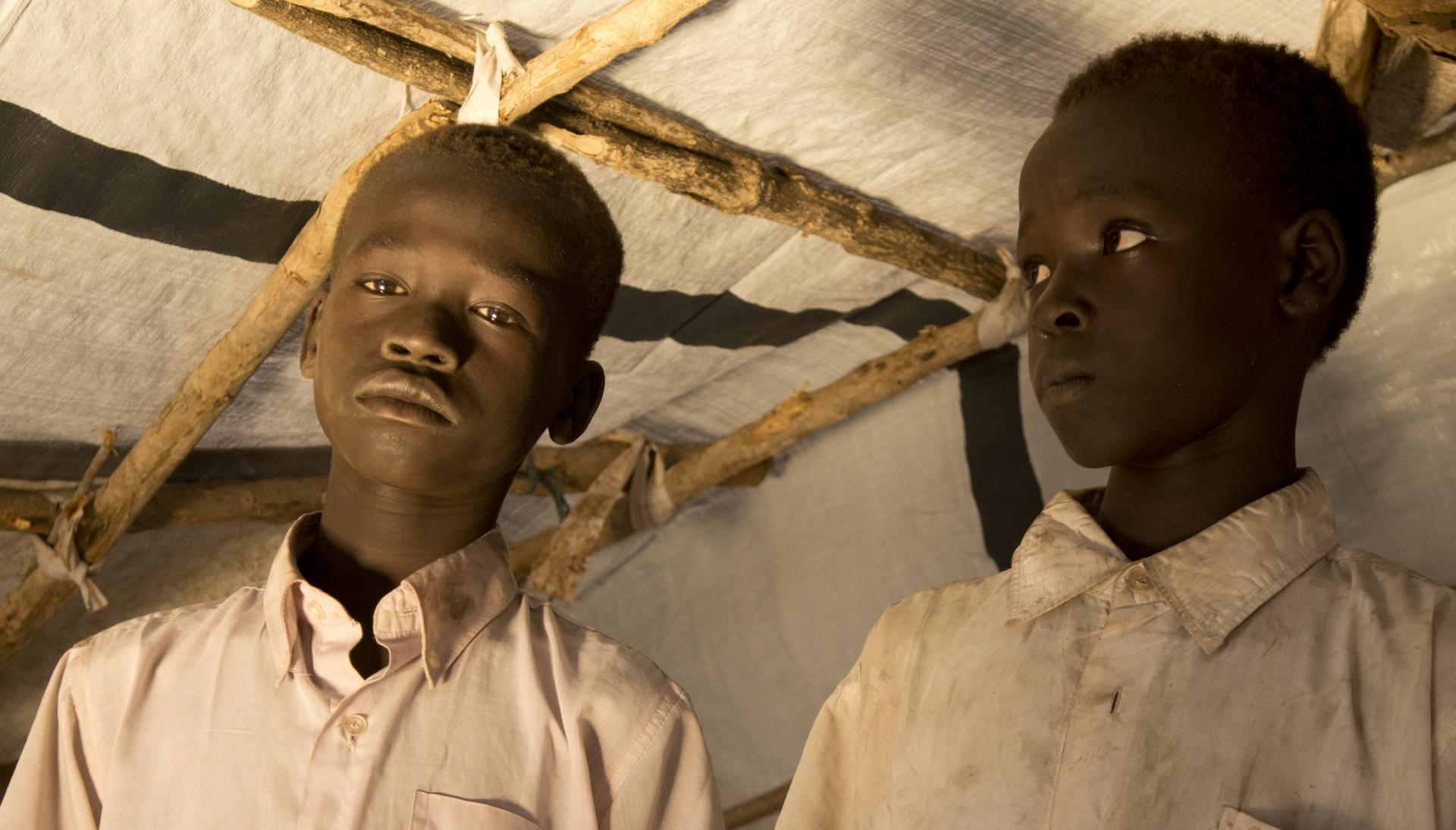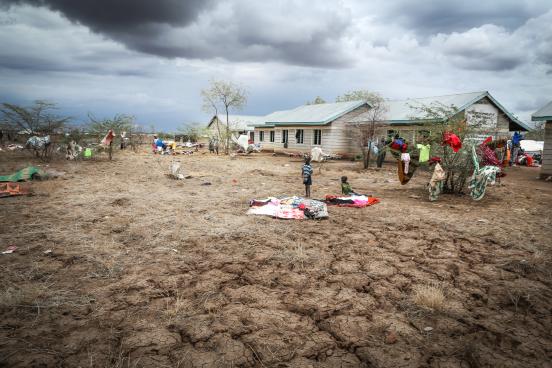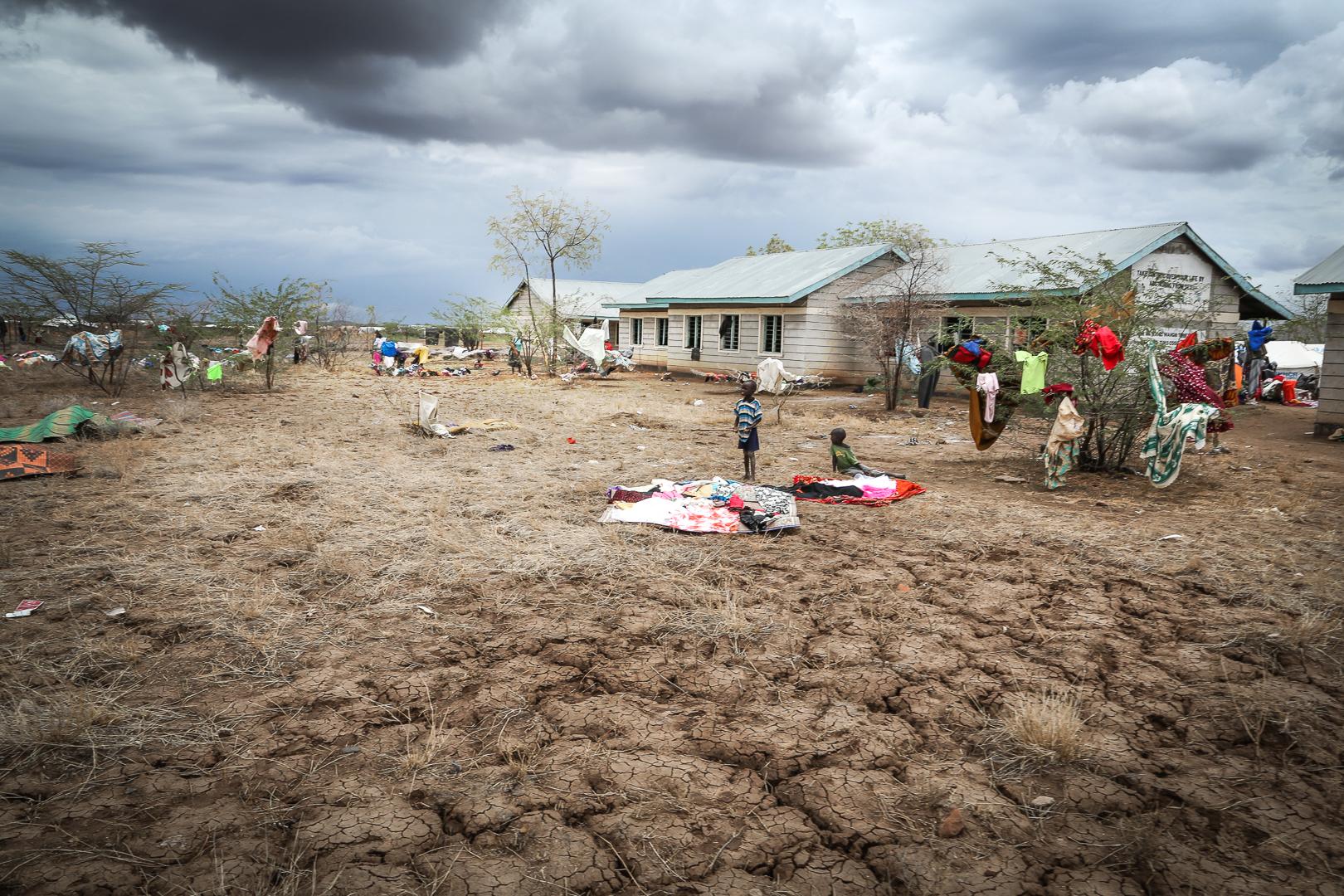LWF South Sudan is engaged in Unity, Upper Nile and Jonglei states. We are active in Emergency response/disaster management, Education and sustainable livelihoods projects.
Program Overview
Our Work in South Sudan
LWF South Sudan is engaged in Unity, Upper Nile and Jonglei States. We assist IDPs with education, water and sanitation, community peace building and capacity building, assistance to returnees and food security.
Since the re-start of the country program, LWF South Sudan has been engaged in Unity, Upper Nile and Jonglei States. In the North of the country, we provide educational support to children in refugee camps. Besides encouraging school enrolment and providing primary and secondary education, we especially address the needs of overage learners whose education has been interrupted by conflict with our Accelerated Learning programs (ALP).
In Jonglei state, we have been assisting people returning from refugee camps abroad in re-building their livelihoods. The project included education, water and sanitation, community peace building and capacity building of local authorities, assistance to returnees and food security. The conflict has forced us to suspend these activities and focus on emergency response and disaster risk management (ER/DRM).
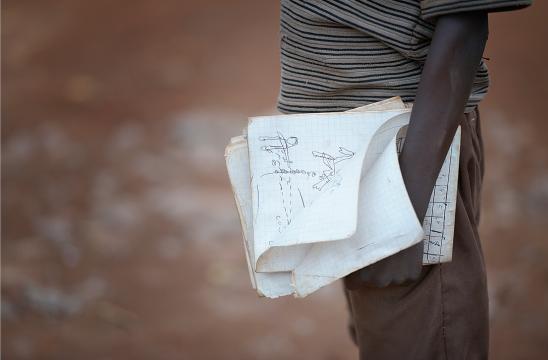
About 70 percent of the population in UNHCR refugee camps are children younger than 17 years, and nearly two-thirds of them are of school age. The war has interrupted the their normal education, which has resulted in a high level of illiteracy. We provide child protection and and safe school environment initiatives for children and young people in Ajuong Thok, Batil, Gendrassa and Kaya refugee camps. Funded by the EU Children of Peace Award / ECHO Grant we are implementing Accelerated Learning Programs (ALP) .
The project has been assisting residents of Jonglei State who had spent years in refugee camps abroad. This development work had to be suspended when fighting broke out in December 2013. As communities fled to save their lives, villages were destroyed and no crops could be planted during spring 2014. We empower people to cope with disasters and reduce the impact caused by these hazards. We are also providing humanitarian aid to those who once again find themselves displaced and in need of the most basic assistance.
